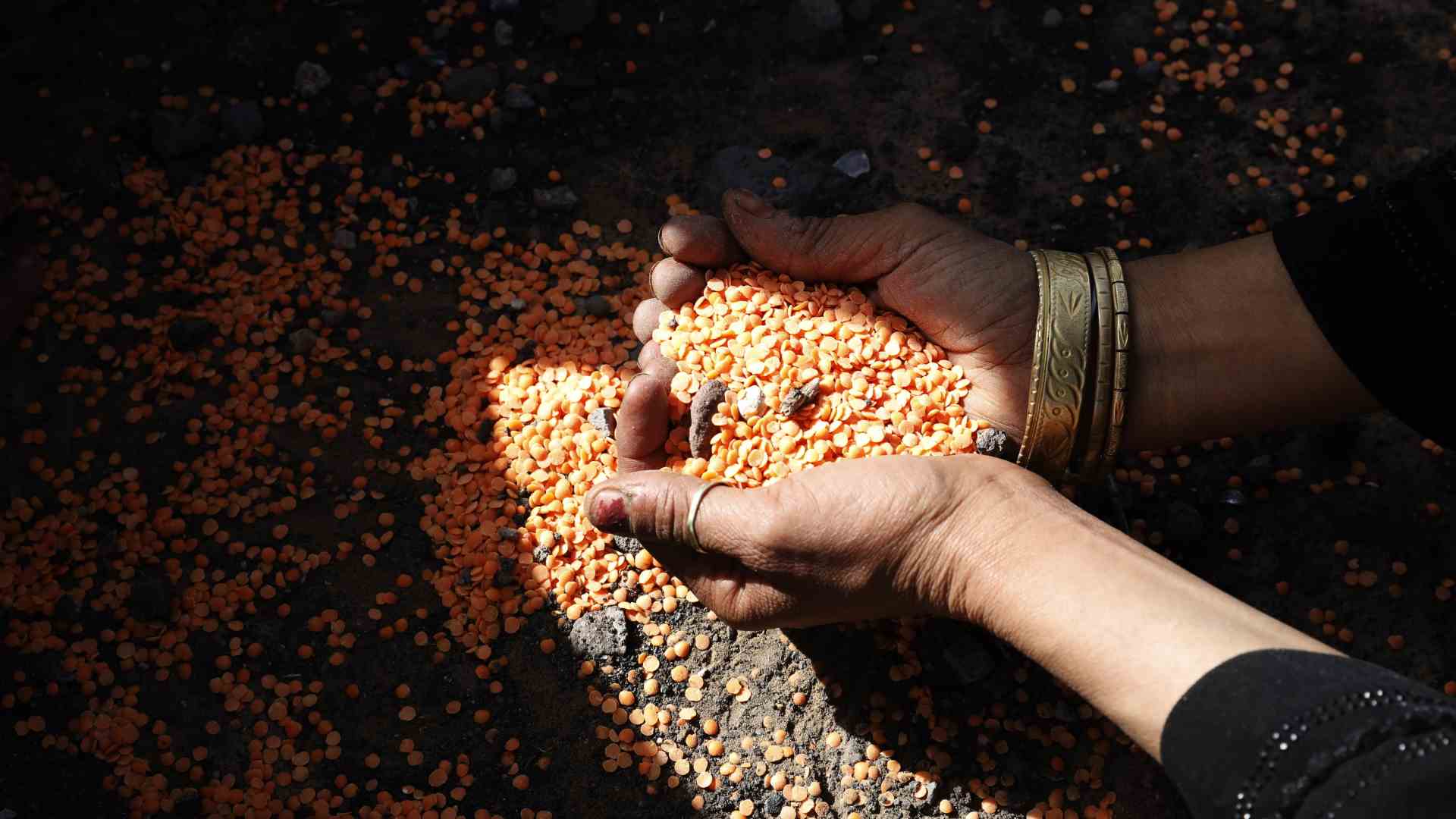Status: 05/18/2022 03:16 a.m
Russia’s war against Ukraine is affecting crisis regions around the world and putting poor countries in need. Measures to improve global food security are now to be found at a UN conference.
The consequences of the Russian war against Ukraine are reaching worldwide, and Washington’s UN Ambassador Linda Thomas-Greenfield warns: “While Ukraine occupies our attention, we cannot forget the rest of the world.”
The war hits other crisis regions and puts poor countries in need. Until the beginning of the war, Ukraine was the world’s fifth largest exporter of wheat and a major producer of corn. Many countries, for example in North Africa, are dependent on cheap wheat from Ukraine. Grain is also crucial for global food aid.
Large supply gaps
But since the beginning of the war there have been large supply gaps. The number of starving people is increasing by leaps and bounds, he warns Chief Economist of the UN World Food Program WFP, Arif Hussain:
Even before the war in Ukraine, 276 million people depended on our food aid. Due to the crisis in Ukraine, we expect that another 47 million people will be added. Altogether we are talking about 320 million people in need of help.
Particularly affected: children. UNICEF, a children’s charity, warns that the number of starving people in Afghanistan, the Horn of Africa and the Sahel is higher than ever. Globally, 45 million girls and boys under the age of five are affected by wasting. They desperately needed a highly nutritious paste to survive. But because it has become so expensive, many children don’t get it, explains UN spokesman Stephane Dujaric.
Around ten million small children have no access to this special food. The price for it will increase by 16 percent in the next few months because the ingredients have become so expensive.
Russia’s actions are exacerbating the crisis
Many UN members accuse Russia of also waging the war in Ukraine over the food crisis. US Ambassador Thomas Greenfield:
Rising food insecurity is a consequence of Russia’s war in Ukraine, a consequence of Russia’s measures to prevent Ukrainian grain from being exported. Because of the war, Russia is also unable to bring food, fertilizer and other agricultural products to the market.
At the meeting of the G7 states last week, Federal Foreign Minister Baerbock warned that the industrialized nations should not abandon the 141 states that condemned Russia’s war of aggression against Ukraine in the UN General Assembly. Countries in the Middle East and Africa urgently need to be supplied with affordable grain.
The issue is also being discussed in the Security Council
Alongside US Secretary of State Blinken, Baerbock is co-hosting the conference alongside Senegal and UN Secretary-General Guterres. Baerbock will also meet with him on the sidelines for a conversation. Around 30 countries come to the ministerial meeting. Thomas Greenfield emphasizes:
We know that food security did not start with the war in Ukraine. He only made the situation worse. African small farmers are concerned about the impact of climate change on agriculture, but also the impact of the corona pandemic on food production.
A final declaration will be made at the end of the conference. The issue will then be discussed in the Security Council tomorrow.
Baerbock at UN Ministerial Conference on Food Security and Conflict
Antje Passenheim, ARD New York, May 18, 2022 1:19 a.m

